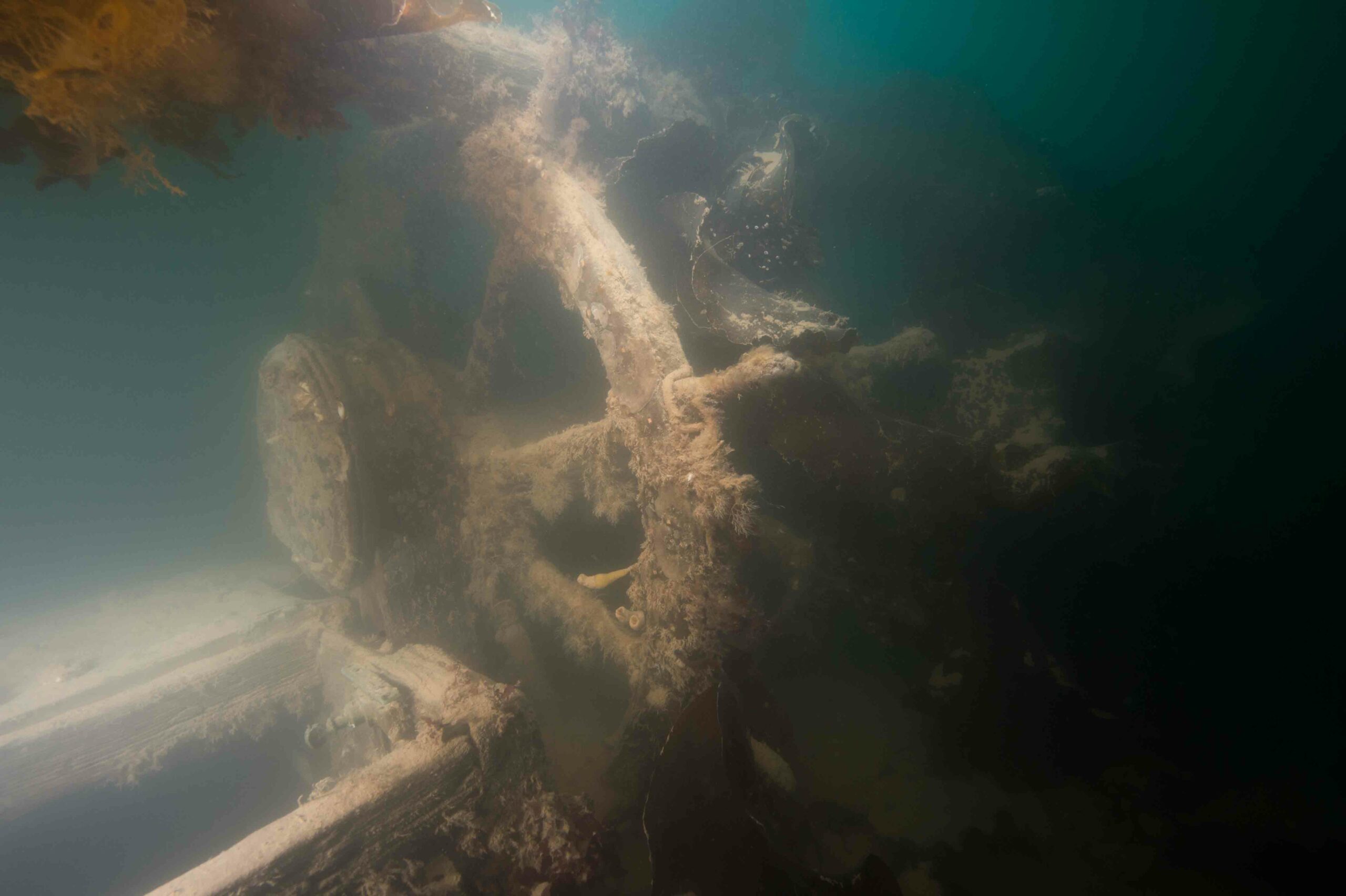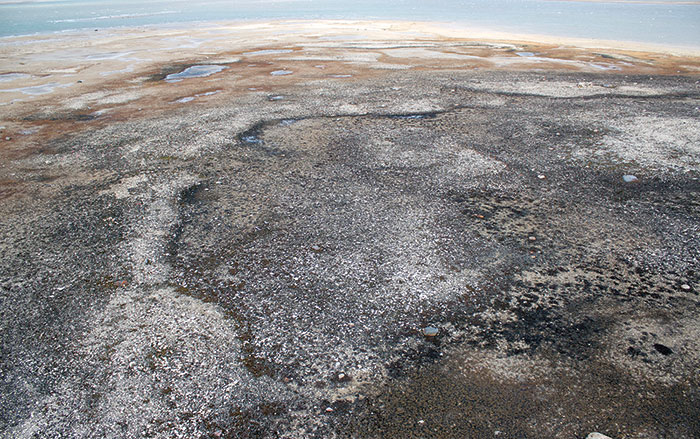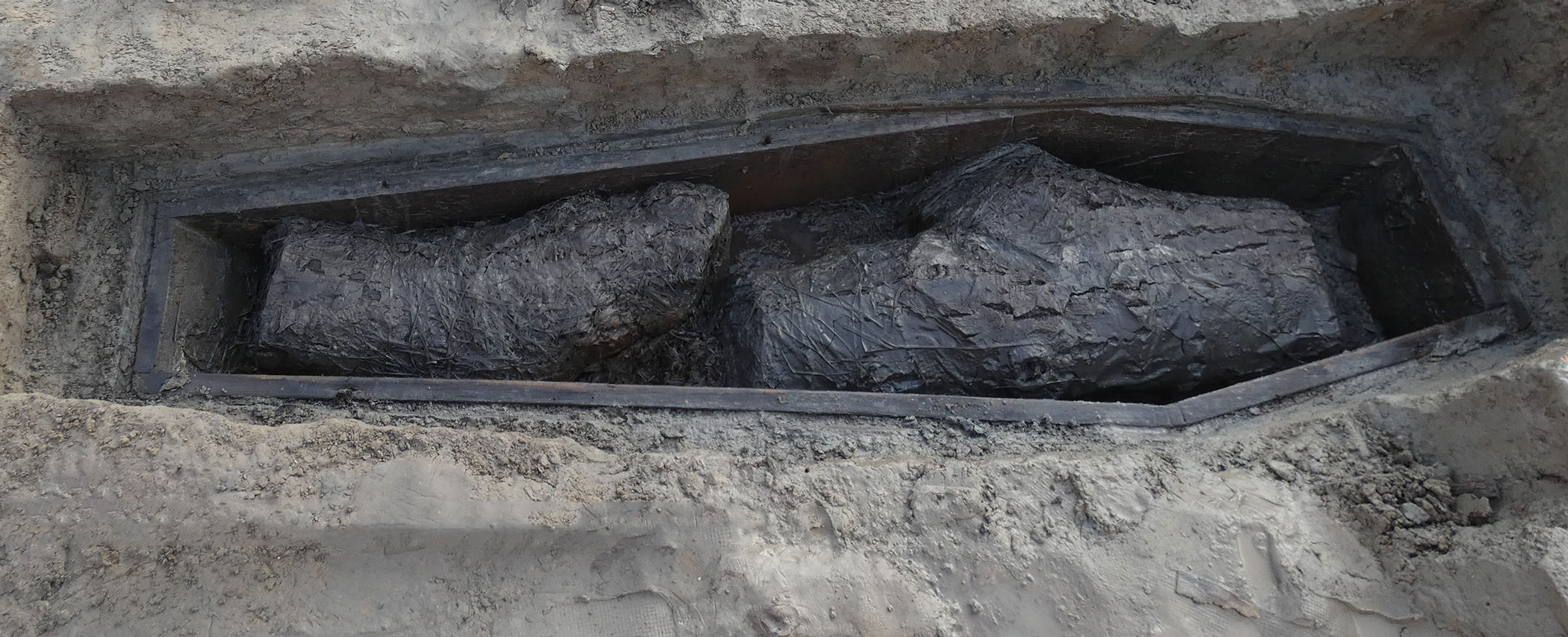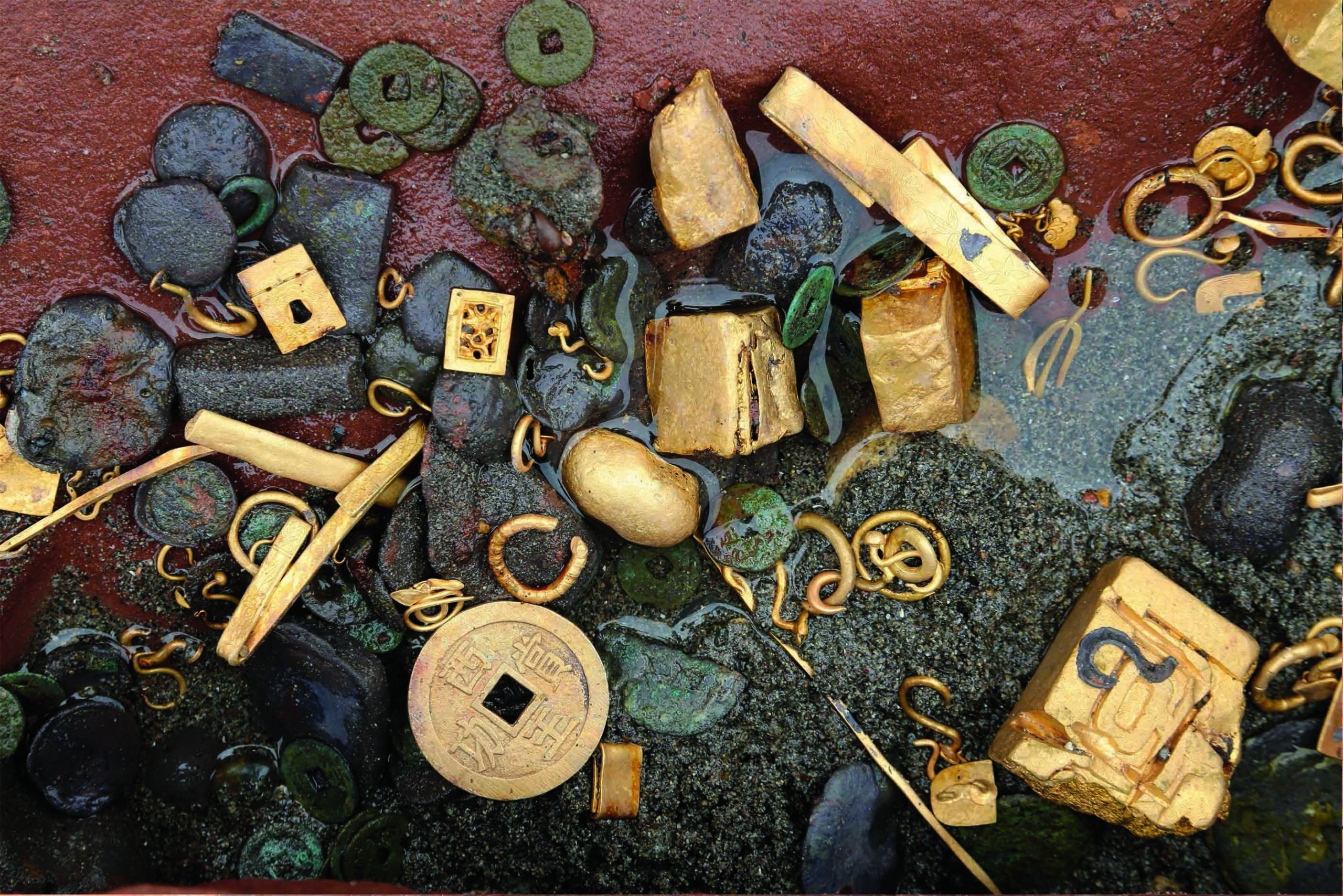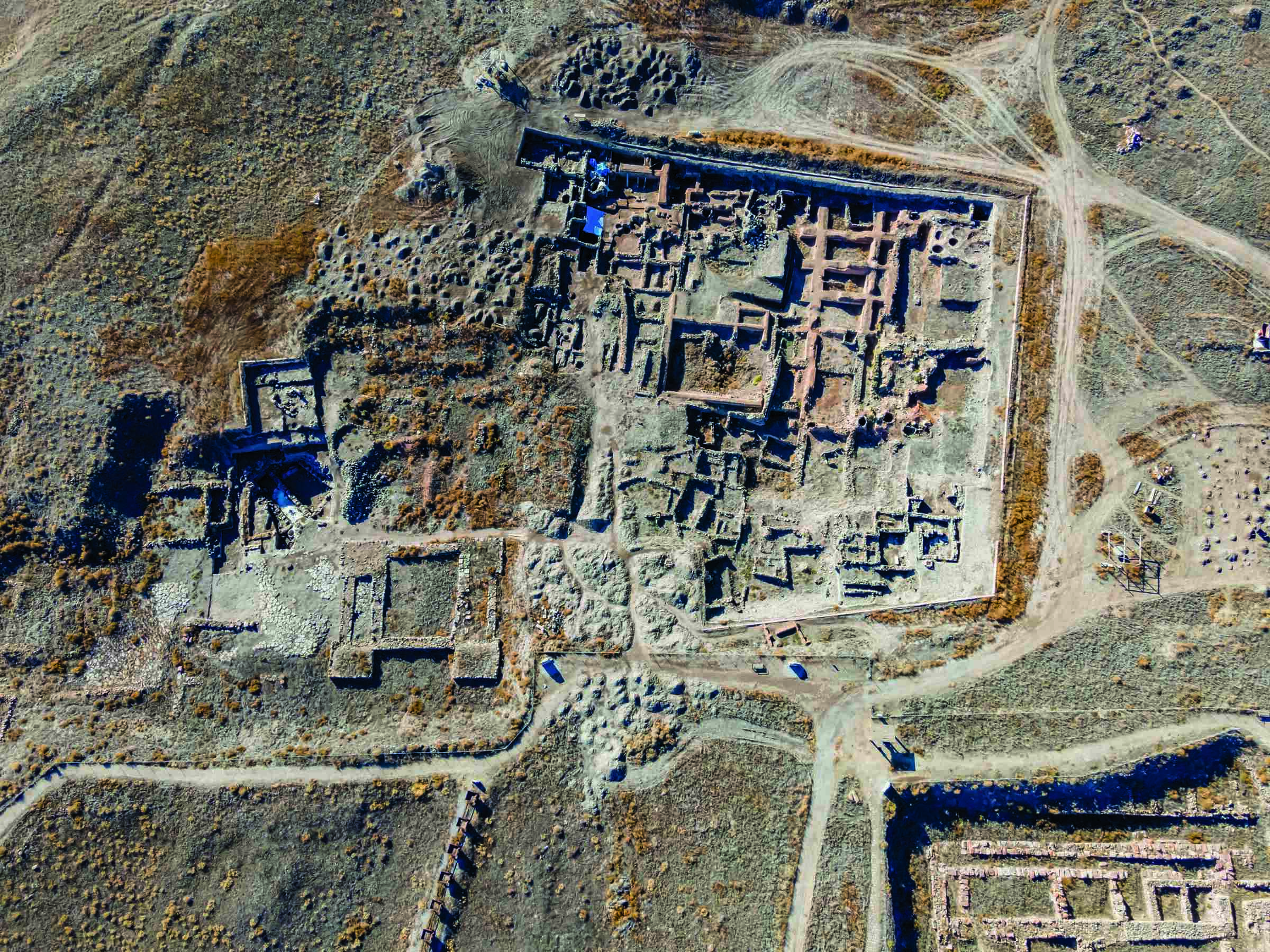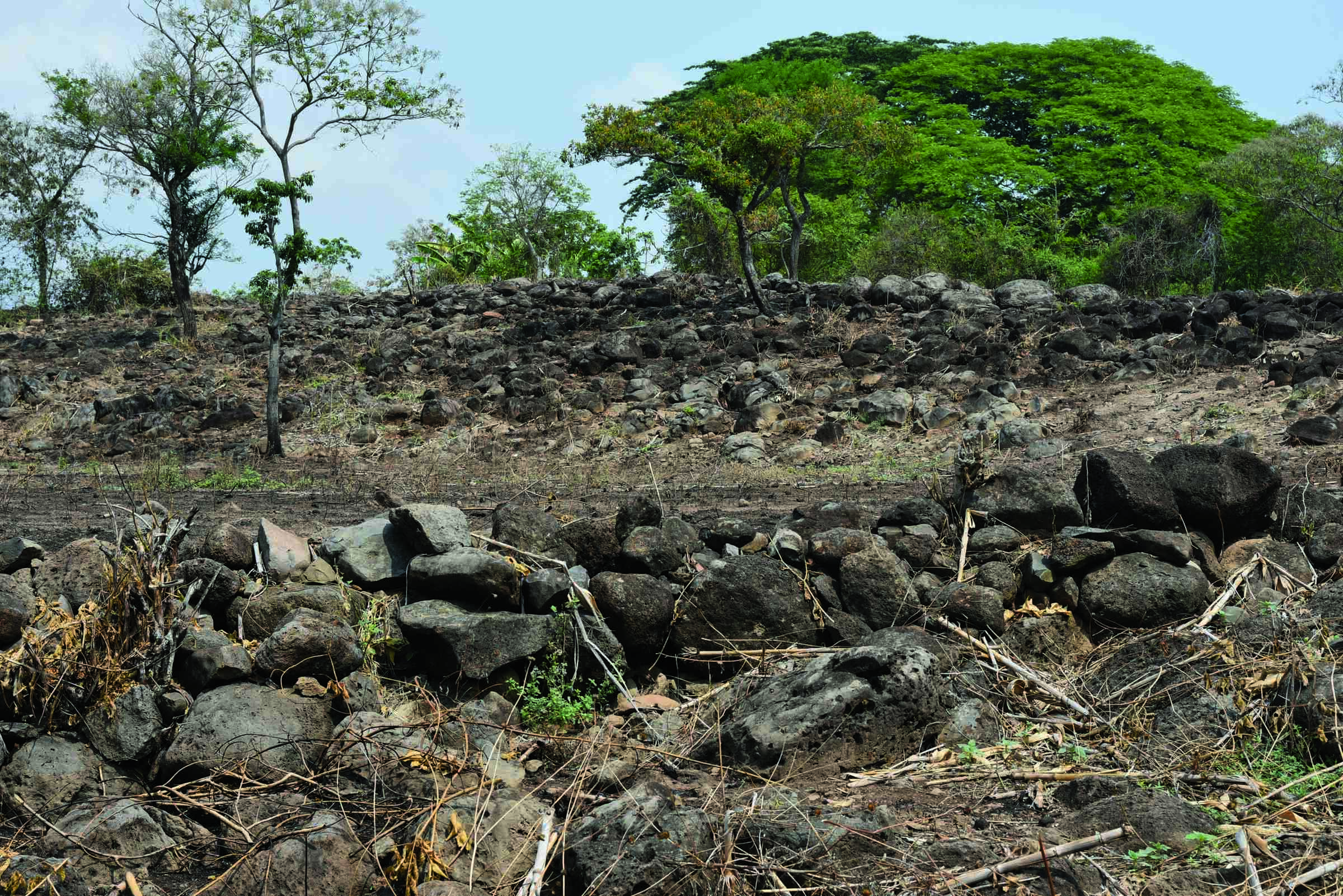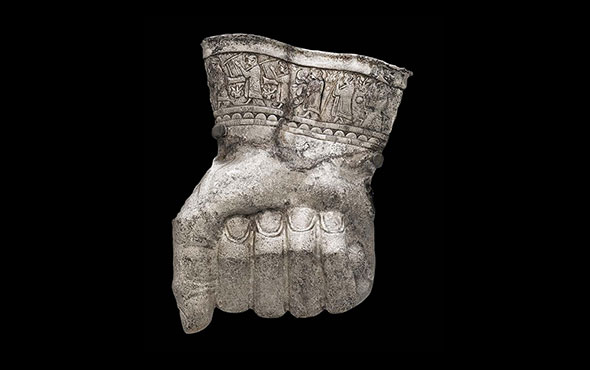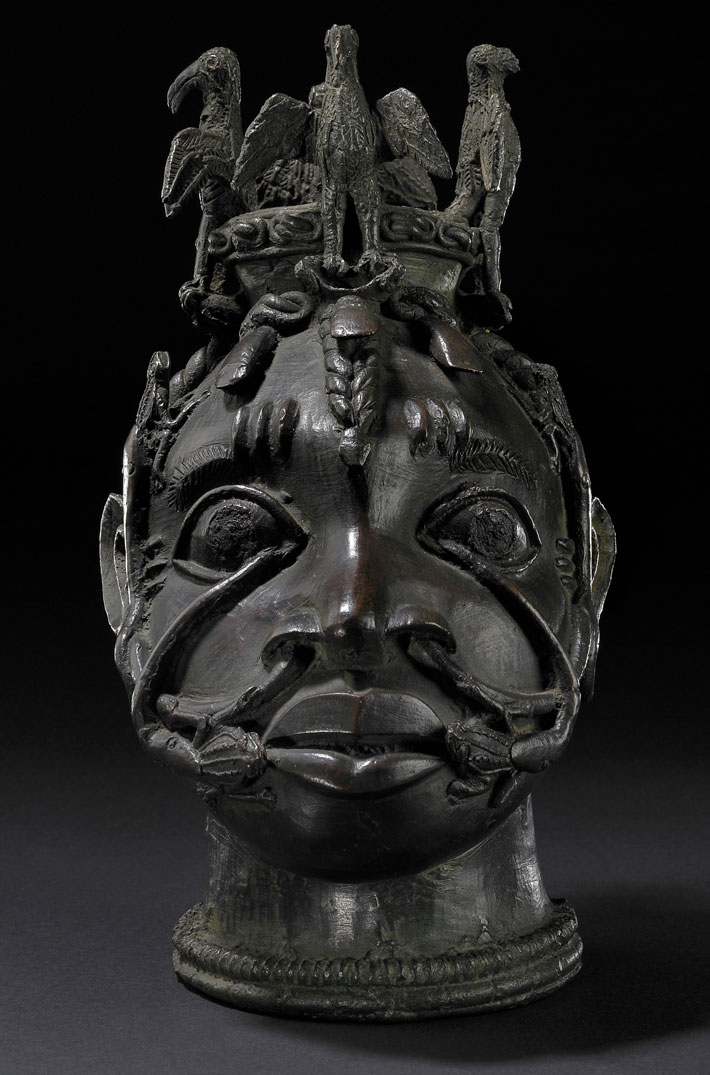
NUNAVUT, CANADA—According to a report by The Canadian Press, a team of Parks Canada archaeologists and their colleagues made 68 dives in heated diving suits over the past year as part of their investigation of the shipwreck sites of HMS Erebus and HMS Terror. Sir John Franklin and his crew left England in 1845 in the two ships, on a quest to navigate the Northwest Passage through the Canadian Arctic. Both ships were abandoned in icebound waters in 1848. Multiple rescue missions were attempted, but the Erebus was not found until 2014 and the Terror until 2016. Parks Canada team manager Jonathan Moore said that climate change and the resulting loss of sea ice has taken a toll on the Erebus, which rests in shallower water than the Terror. “In 2018, part of the upper deck flipped over. We’re getting evidence of artifacts moving around and timbers shifting,” he explained. During the most field season in 2023, the researchers therefore focused their efforts on recording the site with high-resolution photography and excavating a seaman’s chest in the forecastle on the ship’s lower deck. The chest contained a sailor’s personal items, including a lens from a pair of glasses. Map-making tools, coins, a pistol, medicine bottles, a leather shoe, shoulder epaulets, a fishing rod with a brass reel, and a group of fossils were also recovered. Scientists from the Geological Survey of Canada are assisting with the identification of the fossils, which may help track the route the ships once traveled. To read more about the wrecks and the discovery of the Erebus, go to "Franklin's Last Voyage."


